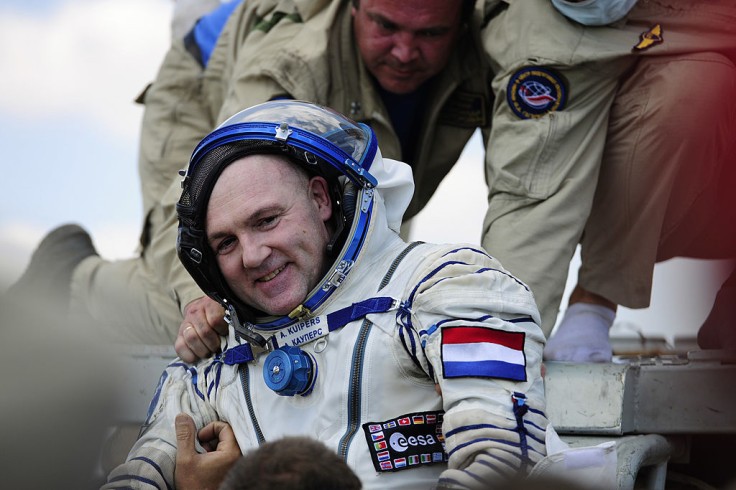NASA's oldest active astronaut, Don Pettit, will return to space for the fourth time in his career on a trip to the International Space Station (ISS) on September 11.
The 69-year-old astronaut is bound for a six-month mission as part of the Roscosmos-led Soyuz MS-26 mission.

NASA to Commence Spaceflight to ISS on September
Pettit, who has been serving for NASA since 1996, will serve as the flight engineer and member of the Expedition 71/72 crew. He will be conducting specific investigations and technology demonstrations that will prepare future space missions on the ISS.
The astronaut will also be joined by Roscosmos cosmonauts Alexey Ovchinin and Ivan Vagner. The team will be spending approximately six months aboard the ISS to conduct their study.
In a press release, NASA shared that the organization is focused on deep space missions to the Moon and Mars while commercial companies lean more on human space transportation and services.
NASA Assigns Oldest Active Astronaut for Space Mission
Pettit is a known veteran with three spaceflights under his experience. All of his previous missions provided crucial information to make integral advancements in technology and human exploration.
In 2003, he was the science officer for the Expedition 6. He operated the robotic arm of the STS-126 space shuttle Endeavour in 2008. In 2012, he served as the flight engineer of Expedition 30/31.
Over the years, Pettit logged 370 days in space and has a record of 13 hours and 17 minutes for two spacewalks.
Meanwhile, Ovchinin will log his third flight in September after Expeditions 47/48 and Expeditions 59/60. Vagner is also adding another experience after his Expedition 62/63.
Aside from Pettit, several NASA professionals have flown to space in their 60s including retired astronaut Peggy Whitson and Michael López-Alegría.
Related Article : NASA Hires Elon Musk's SpaceX to Retire the ISS in 2030









